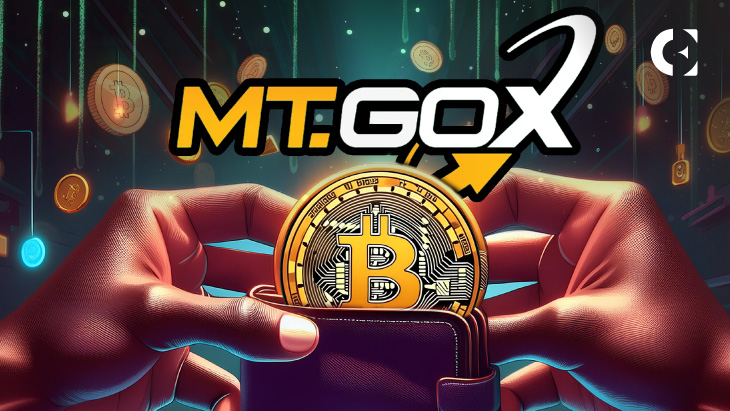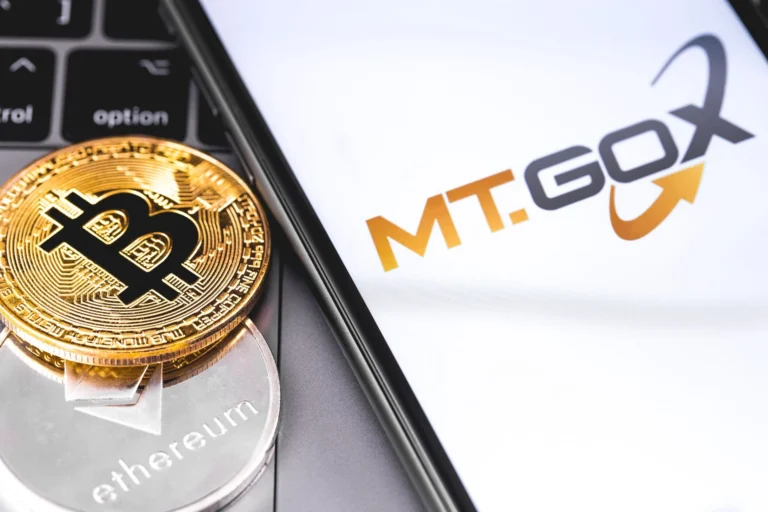On July 24, 2024, the beleaguered Mt. Gox exchange, which collapsed in 2014 and has since been involved in a prolonged bankruptcy and repayment process, took a decisive step by transferring a substantial amount of Bitcoin. Specifically, Mt. Gox moved 5,106 BTC, valued at approximately $335 million, to two key destinations: the cryptocurrency exchange Bitstamp and an unknown wallet. This move is a part of Mt. Gox’s effort to repay its long-waiting creditors, who have been waiting for over a decade to recover their funds.
The transaction was executed in two main parts. Firstly, 2,237 BTC, worth around $147 million, was sent directly to Bitstamp. The remaining 2,869 BTC was sent to an unknown address, which subsequently redistributed these funds to several other wallets linked to Bitstamp. This strategic distribution may be aimed at simplifying the allocation of repayments to specific creditors.
This large transfer aligns with Mt. Gox’s recent announcement on July 5, which stated that the exchange would accelerate its repayment process. Despite the massive amount of Bitcoin being moved, there has been no significant increase in selling pressure on the market. This lack of immediate selling could suggest that creditors are holding on to their Bitcoin rather than quickly cashing out, possibly due to the asset’s significant appreciation in value over the past decade.
Current data shows that over 66% of the total Bitcoin owed to creditors has already been distributed. The distribution process has caused a significant decrease in Mt. Gox’s Bitcoin holdings, which have dropped from 90,344 BTC to just 161 BTC in a series of rapid transactions. This reduction indicates that Mt. Gox is nearing the end of its repayment process, and the focus will soon shift to how these assets are managed and whether they will influence market dynamics in the near future.



